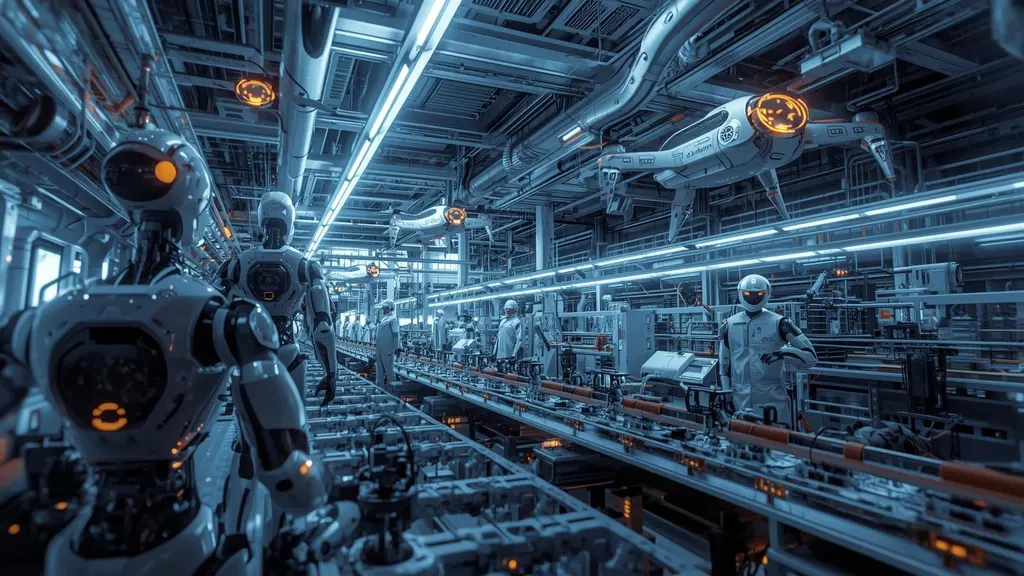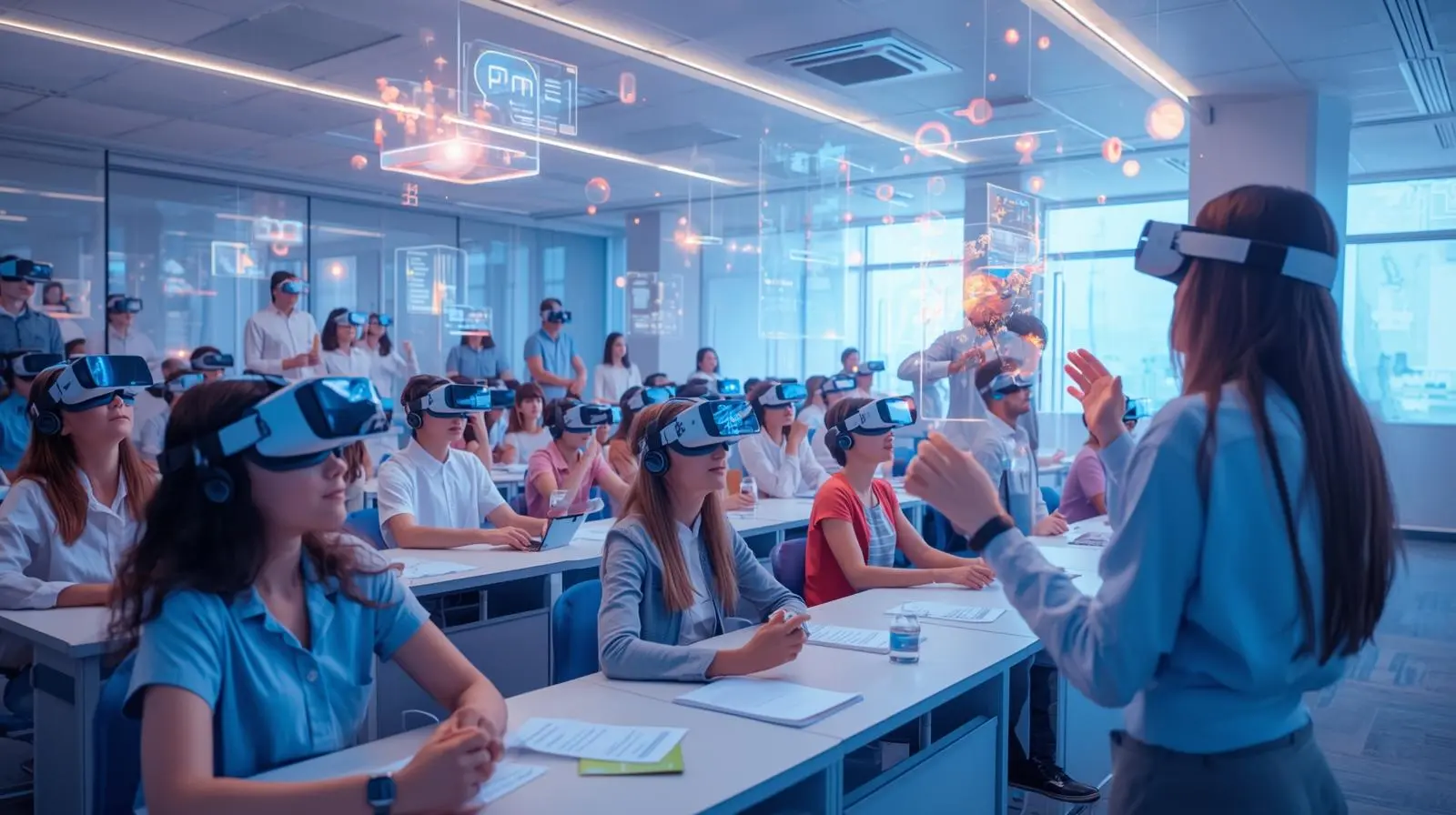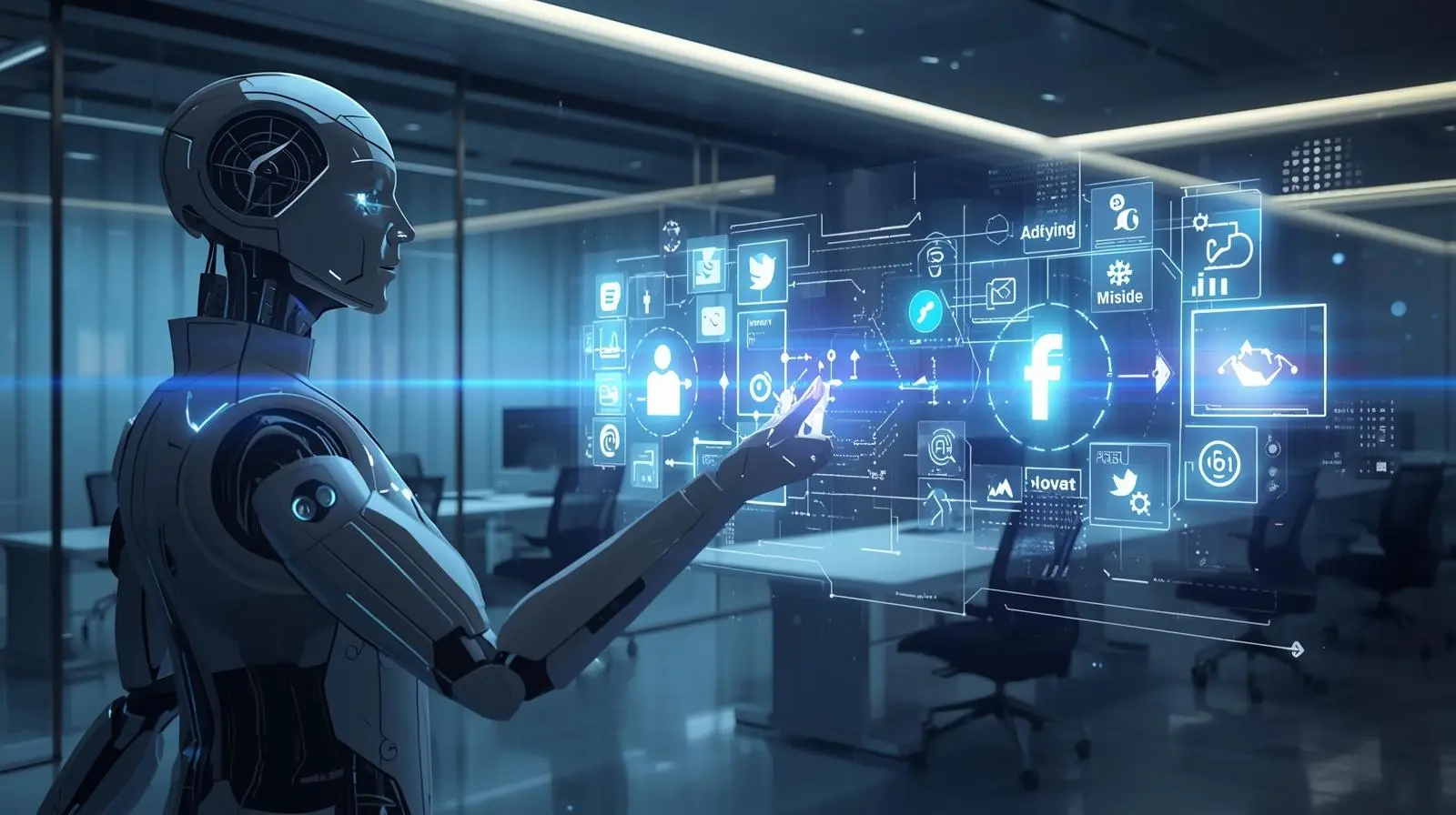Artificial Intelligence (AI) has become the cornerstone of modern technology, transforming industries, businesses, and everyday life. By 2025, AI is no longer confined to labs or tech giants; it has permeated finance, healthcare, education, entertainment, and enterprise solutions. From generative AI content creation to AI-driven automation in businesses, the impact is profound and accelerating.
This comprehensive guide explores the top AI trends in 2025, including:
- Generative AI and large language models
- AI in business and enterprise
- AI in healthcare and finance
- Robotics and autonomous systems
- AI ethics and regulations
- Future predictions for AI technologies
By the end of this guide, readers will have a complete understanding of how AI is shaping the world in 2025 and beyond.
Coming:
- Supervised vs Unsupervised Learning Explained
- How AI is Changing Healthcare in 2025
Skim Through:

Top AI Trends in 2025
1. Generative AI: Creating Content Smarter and Faster
Generative AI, powered by large language models (LLMs) like GPT-4 and beyond, has redefined how content is created. Businesses, marketers, and creators now leverage AI for:
- Writing articles, marketing copy, and social media content
- Designing graphics, logos, and videos
- Creating personalized emails and customer communication
Trends in 2025:
- Multimodal AI: AI that can generate text, images, audio, and video simultaneously.
- Human-in-the-loop systems: AI creates content, humans refine it for accuracy and creativity.
- AI-assisted creativity: Artists and designers use AI to ideate faster and explore unconventional designs.
Applications:
- Media companies are publishing AI-generated summaries for news updates.
- Marketing teams use AI to generate hundreds of personalized ad variants.
- Gaming studios employ AI for character dialogue and procedural content.
AI Tools:

2. AI in Business and Enterprise
AI adoption in enterprise solutions has skyrocketed in 2025. Companies use AI to:
- Automate repetitive tasks
- Analyze vast datasets for insights
- Improve customer experience with chatbots and recommendation engines
Key AI tools in 2025:
- RPA Platforms: Automating finance, HR, and supply chain processes.
- Predictive Analytics: Forecasting demand, market trends, and customer behavior.
- AI-Driven CRM Systems: Improving engagement and retention.
Case Study:
A leading e-commerce platform uses AI to personalize product recommendations and optimize logistics, resulting in a 20% increase in sales and reduced delivery times.
Coming: Top AI Tools Businesses Are Using in 2025
3. AI in Healthcare
Healthcare is one of the most transformative applications of AI in 2025.
Applications:
- Diagnostics: AI analyzes medical images and lab results for early disease detection.
- Predictive Analytics: Anticipating patient risks and optimizing treatment plans.
- Drug Discovery: AI accelerates research and identifies new compounds efficiently.
- Robotics in Surgery: AI-assisted robotic systems improve precision in complex surgeries.
Trends:
- Personalized medicine powered by AI analyzing genomic data.
- AI telemedicine platforms that provide real-time patient monitoring and recommendations.
- Integration of AI with VR for therapy and rehabilitation.
Read the article:
4. AI in Finance
AI has reshaped the financial sector, from banking to investment:
- Fraud Detection: AI identifies suspicious transactions in real time.
- Algorithmic Trading: AI models optimize trading strategies and reduce human bias.
- Customer Service: AI chatbots handle queries and provide personalized advice.
- Risk Management: Predictive AI models assess creditworthiness and market risks.
Emerging Trends:
- AI-powered crypto trading and blockchain analytics.
- Robo-advisors for wealth management.
- Integration of generative AI for automated financial reports.
Case Study:
A fintech startup uses AI to reduce loan default rates by 15% by analyzing alternative data sources such as social and transaction patterns.
References:
5. AI in Robotics and Autonomous Systems
AI-driven robotics and autonomous systems are gaining widespread adoption:
- Manufacturing: AI robots improve assembly line efficiency and quality control.
- Logistics: Autonomous delivery robots and drones optimize last-mile delivery.
- Healthcare: Surgical robots and exoskeletons assist doctors and patients.
- Autonomous Vehicles: AI systems improve navigation, safety, and traffic management.
Trends in 2025:
- Collaboration between humans and robots in shared workspaces.
- AI-powered swarm robotics for warehouse and agricultural tasks.
- Integration with AI vision systems for object recognition and predictive maintenance.
References:
6. AI in Education
AI is transforming learning for students and professionals:
- Personalized Learning: AI adjusts difficulty and content based on student performance.
- Virtual Tutors: LLM-powered tutors provide real-time assistance.
- Assessment Automation: AI evaluates essays, coding assignments, and presentations.
- VR + AI Classrooms: Immersive virtual classrooms for remote and global learning.
Case Study:
An online education platform uses AI to provide tailored lesson plans, increasing student retention by 30%.
Reference:
7. AI in Marketing
Marketing is heavily influenced by AI in 2025:
- Customer Segmentation: AI identifies niche audiences for targeted campaigns.
- Predictive Analytics: Forecasting trends and customer behavior.
- Content Generation: AI produces blog posts, ads, videos, and social media content.
- Sentiment Analysis: AI analyzes customer feedback and social media to inform strategies.
Emerging Trends:
- Hyper-personalized campaigns using AI + generative media.
- AI-driven SEO optimization tools for search engines and AI search platforms.
Reference:
8. AI Ethics and Responsible AI
As AI adoption grows, ethical concerns increase:
- Bias & Fairness: AI models can inherit biases from training data.
- Transparency: Organizations must explain AI decision-making.
- Privacy: Protecting user data and consent management.
- Accountability: Clear guidelines for AI-driven decisions.
Trends:
- Regulations like EU AI Act enforce responsible AI practices.
- AI auditing tools for fairness, accuracy, and explainability.
Reference:
9. Emerging AI Technologies in 2025
- Generative AI: LLMs, image, audio, and video generators.
- Edge AI: AI running locally on devices for faster processing.
- Quantum AI: Quantum computing enabling complex AI problem-solving.
- Neuromorphic AI: Brain-inspired computing architectures.
Applications:
- AI-assisted scientific research.
- Real-time AI personalization in applications and services.
- Advanced simulation for autonomous vehicles and robotics.
10. Future Predictions for AI Beyond 2025
- AI will increasingly collaborate with humans rather than replace them.
- AI-driven decision-making will influence policy, healthcare, finance, and education.
- Ethical frameworks and regulations will mature globally.
Generative AI will become integral in creative industries, advertising, and entertainment
Conclusion
Artificial Intelligence in 2025 is redefining how humans interact with technology. From generative content creation to AI-driven robotics, AI touches almost every aspect of modern life. Organizations, educators, healthcare providers, and creators who adopt AI early gain competitive advantages, efficiency, and new capabilities. The trends outlined here provide a roadmap for understanding AI’s trajectory, opportunities, and challenges for 2025 and beyond.
FAQs
Q: What are the top AI trends in 2025?
A: Generative AI, AI in healthcare, AI in finance, robotics, ethical AI, and AI-powered automation.
Q: How is AI transforming business operations?
A: Automating tasks, providing insights, enhancing customer experiences, and enabling predictive decision-making.
Q: What are the ethical concerns in AI?
A: Bias, transparency, accountability, privacy, and fairness are the primary concerns.
Q: Which industries benefit most from AI in 2025?
A: Healthcare, finance, education, marketing, entertainment, robotics, and manufacturing.
Q: What is generative AI?
A: AI that can generate text, images, audio, or video based on prompts or datasets.
Q: How can businesses implement AI responsibly?
A: By adopting ethical guidelines, monitoring for bias, ensuring transparency, and complying with regulations.
Q: Will AI replace human jobs in 2025?
A: AI will augment rather than fully replace humans, automating repetitive tasks while enabling higher-level decision-making.
Q: What is the future of AI beyond 2025?
A: AI will integrate more closely with humans, become more ethical and explainable, and continue transforming industries globally.
More Article on AI:
AI vs Machine Learning vs Deep Learning: Key Differences












Pretty! This was a really wonderful post. Thank you for your provided information.
Thank you for your kind words. We’re pleased to hear you enjoyed the post and found the information helpful. We truly appreciate your feedback!
Glad to be one of several visitors on this awe inspiring internet site : D.
Thank you! I’m glad to have you here and appreciate your support!
I’ve been absent for some time, but now I remember why I used to love this site. Thank you, I will try and check back more frequently. How frequently you update your web site?
Welcome back! I’m glad you’re enjoying the site again. I try to update it regularly, usually with new posts every week—thanks for checking in!